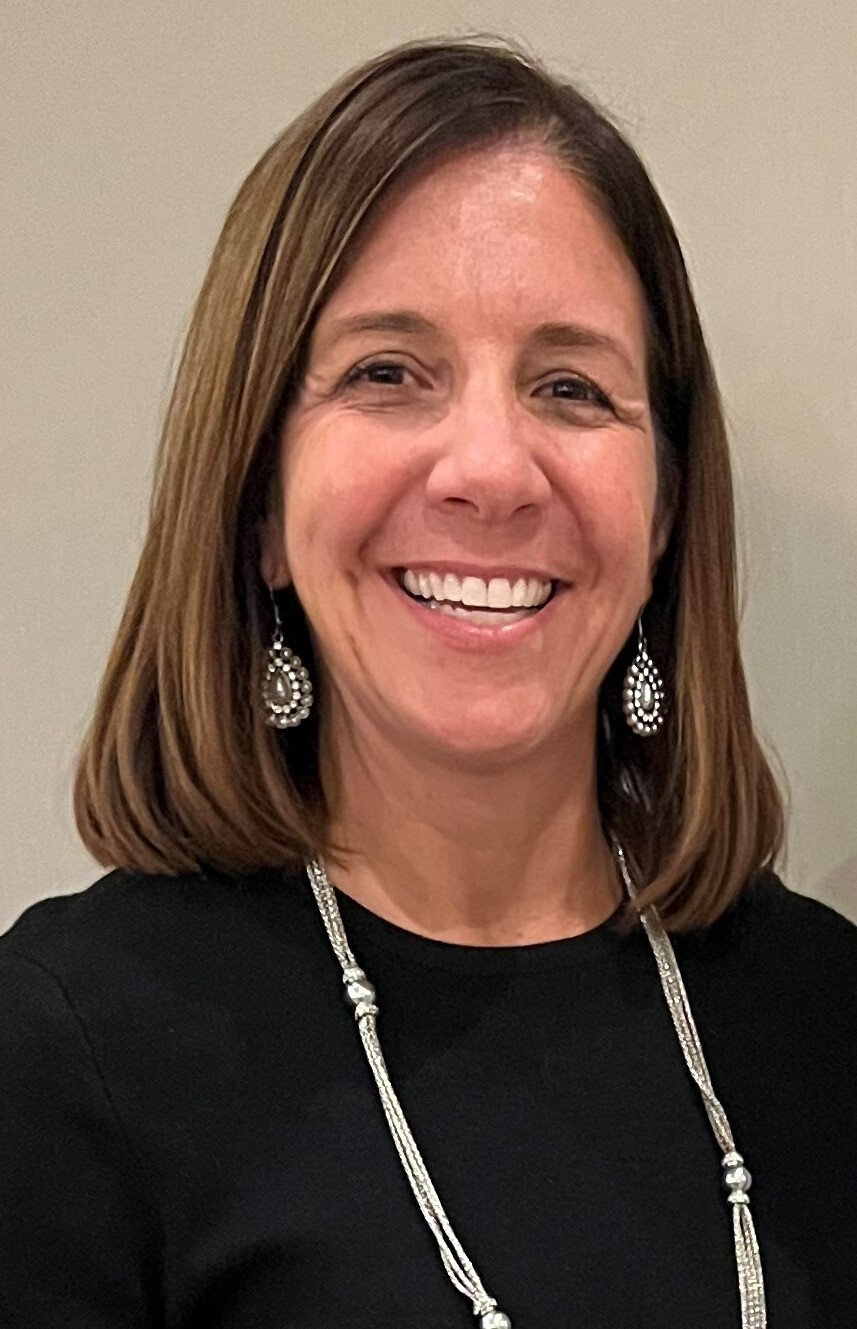
Positive Psychology Interventions on Students Flourishing and Well-being
Recorded On: 06/05/2024
- Registration Closed
The presenter created the four-week program, Living Intentionally to Flourish Everyday (LIFE), based on Seligman’s (2020) PERMA model, as a way for all first-year undergraduate students to participate in the program as a shared experience when entering the University of Chicago. If positive outcomes were achieved similar to other populations highlighted in the literature, this program would be implemented consistently every year to ensure that within four years, all undergraduate students would have participated in LIFE and have learned skills needed to flourish, not only within the university setting, but once they graduate.
Several items were measured among participants: psychological, emotional, and social well-being as well as flourishing. Keyes (2009)’s Mental Health Continuum Short Form was given as a pre- and post-survey to all participants to determine whether changes were sustained over time. Results of the study substantiated the positive impact on students' well-being.
The presentation session will cover in detail the creation of the program, ways it was implemented, and what were the results of the study, including limitations. The presenter will also share how PERMA and positive psychology interventions can be adapted to new environments as the presenter transitioned to Cornell University where she is experimenting with different ways of applying PERMA, from a one-credit course, to 60-minute workshops, to embedding it into the curriculum.
Learning Outcomes:
- Explain how the LIFE program was developed, what positive psychology interventions were used, and how the program was implemented.
- Analyze ways the LIFE program positively impacted students' well-being and flourishing.
- Illustrate ways the key components of the LIFE program can be adapted to new environments.

Julie Edwards, Ed.D.
Director, Skorton Center for Health Initiatives
Julie Edwards is the Director of the Skorton Center for Health Initiatives where she and her team advance campus well-being through institutional leadership, education, research, and public engagement. Julie leads Cornell’s Health Promoting Campus efforts, which includes managing the multidisciplinary Community of Practice structure, engaging students in providing input, and measuring the progress of these population-level approaches to support campus well-being. Julie currently serves in roles within several national organizations, including the U.S. Health Promoting Campuses Network and the American College Health Association.
Julie’s research focuses on strengths-based approaches that align with the PERMA model and positive psychology principles. She has personal and professional experience with mental health and well-being and strives to help others recognize the inherent strengths they have within themselves to pursue the life they want to live.
Guidelines for Earning CSAEd Credit:
1 CSAEd Core CE will be awarded for completing this course. Completion includes watching the recording and completing the Feedback Survey.
No partial credit will be awarded; full completion is required.
Participants must also complete the feedback survey in the Online Learning Community.
Credit is only available for attending the live session.
To receive CSAEd credit, attendees must complete the Feedback Survey in the online event offering the certification. Once the survey is completed, your Certificate will be available in the event modules. The Certificate of Completion, which will show the event and credit earnings, is available for download and/or print from the event in your Online Learning Community.
NASPA has been approved by the Higher Education Consortium for Student Affairs Certification to provide CE credit for Certified Student Affairs Educators (CSAEd). NASPA is solely responsible for all aspects of this program.
Guidelines for Earning NBCC Credit:
NASPA is currently in the process of applying to be an Approved Continuing Education Provider for home-study/on-demand content. At this time, this session is not eligible for NBCC credit, however this tab will be updated with accurate information should the application be approved.
For questions regarding continuing education, please email continuingeducation@naspa.org.